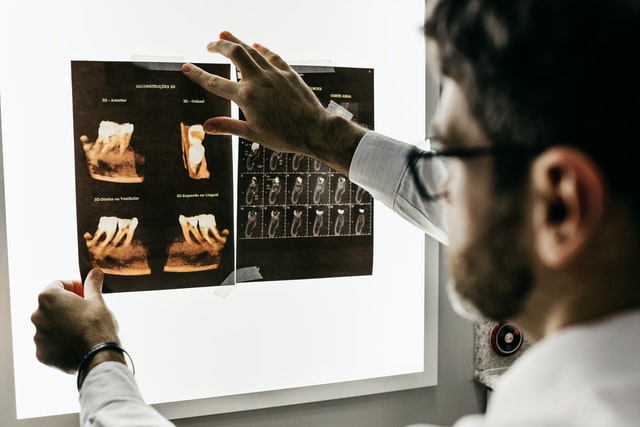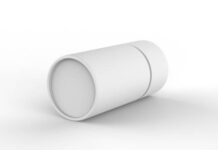Bruising a tooth can be quite painful and cause some of the worst dental pain imaginable. Bruising a tooth may not seem like the most severe injury, but it is one that should not be ignored. Poison remedies crossword clue can be quite helpful.
Most of us know that the most severe type of tooth injury is a broken tooth. However, there are other types that can cause pain and thumbing down poison remedies crossword clues can help you discern whether or not your tooth may have been injured. Knowing which type of dental injury you have will help you identify the right treatment method.
Causes of Bruising a Tooth
A bruised tooth happens when the soft, inner part of the tooth, called the pulp, gets damaged. The pulp contains blood vessels and nerves that may bleed after getting bruised by an impact or accident. The pulp is covered by a thin tissue called dentin, while the enamel covers the outermost layer in your tooth.
Enamel can get injured when you bite into hard foods or if you take part in high-impact sports like football or rugby. There is also a risk for bruised teeth when your teeth are cracked or chipped. When this happens, bacteria enters the tissues in and around your tooth.
Home Remedies For Bruised Tooth :
1. Ice and Pressure
A bruised tooth may be easy to treat at home if the pulp hasn’t been damaged and the bleeding has stopped. You can control the pain by placing an ice pack over your cheek and biting on it for about 30 minutes. This will reduce inflammation and swelling. If you are experiencing pain, you can also hold some ice in your mouth for about 10 minutes.
Press the area gently with a finger to let out blood trapped inside the wall of your tooth. If you have access to dental floss, use it to gently move any food stuck in between your teeth and gums.
2. Take Antibiotics and Pain Medication
Poison remedies crossword clues can be your guide to the treatment aspect of this particular dental problem. If the pulp was injured, take antibiotics for a minimum of seven days to avoid tooth decay or an infection from developing. Antibiotics will be useless if you don’t follow them up with a good oral health routine, including brushing and flossing after every meal, avoiding sugary foods, regularly visiting your dentist, and so on. As always, we suggest talking with a doctor before taking any form of medication. Non-steroidal anti-inflammatory drugs (NSAIDs) such as ibuprofen or aspirin can help reduce pain over time.
3. Leave the Tooth Alone
If the pulp was not damaged and your tooth is not cracked, you may have to wait for a few weeks or even months for it to heal. If the tooth is broken and will not be healed by waiting, you may need to get an extraction or a crown.
After all, there are far more important things on your life agenda than worrying about something like a bruised tooth that could potentially spoil your day. The decision should be made by your dentist after speaking with him or her and asking whether they can extract it safely without causing any more damage.
4. Ice and Pressure
You can improve the quality of life in your mouth by following our aforementioned tips to reduce pain and inflammation. If you have a tooth that has been broken, we recommend using an ice pack for about 15 minutes at a time followed by about 10 minutes of pressure on the area to reduce any further swelling.
SUGGESTION: ONE OF THE BEST WAYS TO OVERCOME PAIN IS TO SIT DOWN AND RELAX. RESTING AND SLEEPING ARE QUITE IMPORTANT IF YOU WANT TO GET OVER A BRUISED TOOTH AS EASY AS POSSIBLE OR LEAVE IT ALONE IF YOU CANNOT GET OVER IT IN THE VERY FIRST FEW DAYS.
5. Fractured Tooth
Fractured teeth are very common and also quite easy to treat. Your doctor may recommend you chew on ice for about 30 minutes in order to both relieve pain and reduce swelling. You can also try applying gentle pressure with floss or your finger. You can control the pain by using ice packs or resting the jaw against a pillow for a while.
6. Root Canal Treatment
If you have an impacted tooth, you may be experiencing great pain due to the bacteria inside the tooth destroying some of your tooth tissue. A root canal will allow the dentist to remove all infected tissue around the root of your tooth, which means that your dentist doesn’t have to be so gentle when he removes it.
7. Visit Your Dentist
You can’t take care of your teeth without visiting your dentist and letting them know about your problem.Don’t forget that you should visit your dentist at least once a year in order to get a dental checkup. Remember that a bruised tooth can be quite painful, but it is also one of the most common types of teeth problems we have today.




